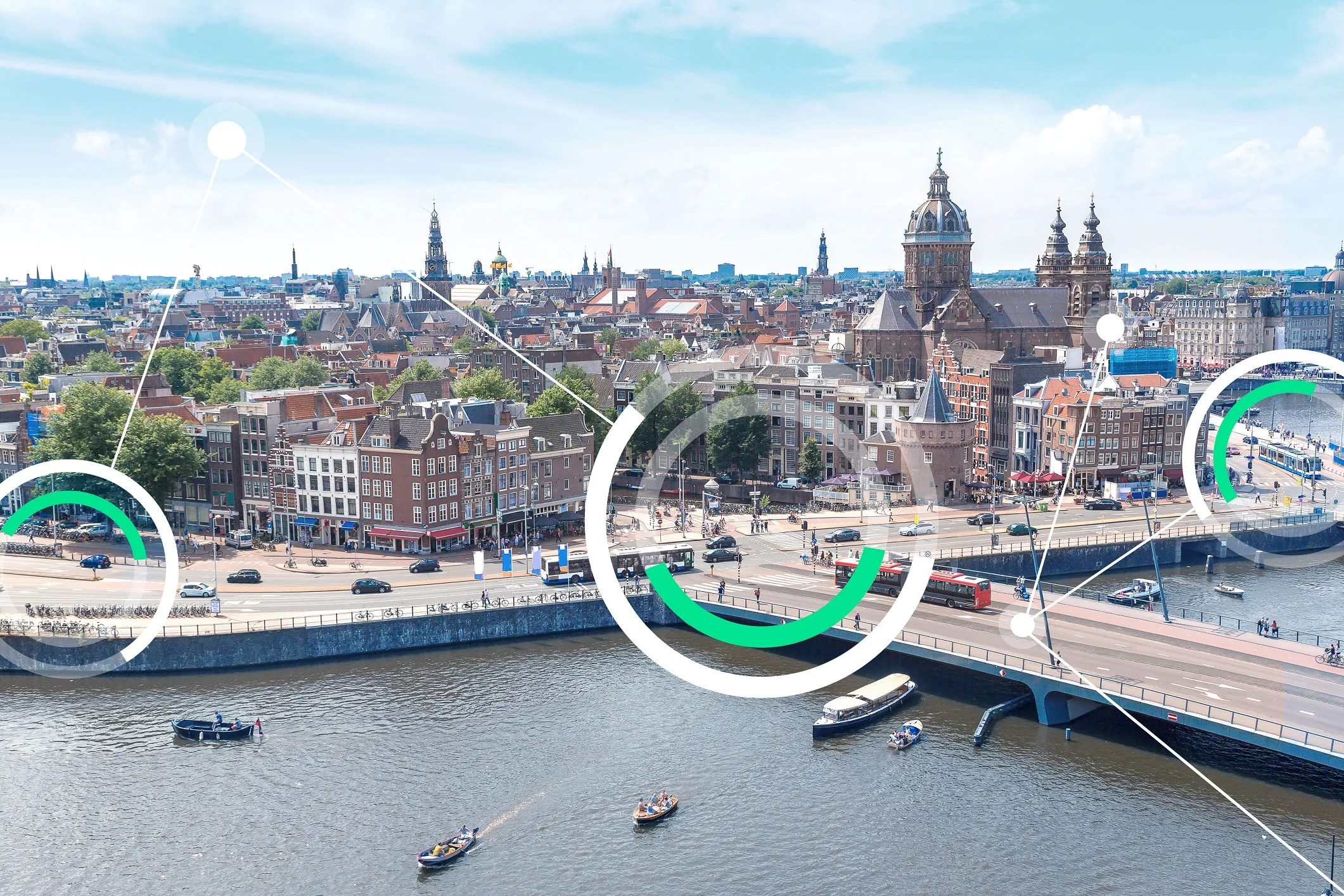South Korea has embarked on a year-long pilot of a next-generation Cooperative Intelligent Transportation System (C-ITS) project in preparation for the 2018 Winter Olympics.
Dutch secure connectivity company NXP Semiconductors and Korean automotive electronics specialist eSSys are to be technology partners in the project, which begins this month, promoted by the Korean Ministry of Land, Infrastructure and Transport.
NXP will supply eSSys with its RoadLINK V2X chipset, a vehicle-to-vehicle (V2V) and v
July 26, 2016
Read time: 2 mins
South Korea has embarked on a year-long pilot of a next-generation Cooperative Intelligent Transportation System (C-ITS) project in preparation for the 2018 Winter Olympics.
Dutch secure connectivity company566 NXP Semiconductors and Korean automotive electronics specialist eSSys are to be technology partners in the project, which begins this month, promoted by the Korean Ministry of Land, Infrastructure and Transport.
NXP will supply eSSys with its RoadLINK V2X chipset, a vehicle-to-vehicle (V2V) and vehicle-to-infrastructure (V2X) communication and security solution which will be test-operated on an 87.8 km route between Sejong City and Daejon.
A range of smart transport technologies are currently being installed on national highways, including the primary highway for access to the 2018 Winter Olympic Games in Pyeongchang. The fundamental differentiator that the newly adopted C-ITS with NXP will offer is secure information exchange in real time between vehicles (V2V) and between cars and the surrounding intelligent infrastructure (V2I) including roadworks, traffic signs or traffic lights.
NXP claims that rapid response times combined with the ability of V2X-capable cars to ‘see around corners’ or through obstacles beyond the driver’s line of sight will prevent accidents, while significantly improving traffic flow and reducing CO2 emissions. The Korea Transport Institute estimates that 76 percent of all road accidents could be avoided with the full deployment of its C-ITS plans.
NXP’s RoadLINK V2X communication and security technology enables vehicles to wirelessly exchange information such as speed, position and direction with other automobiles in their vicinity, and allows vehicles and infrastructure to communicate traffic management data or notices such as localised speed limits, traffic signalling and road works warnings, hazardous conditions and more. RoadLINK’s secure element is an integral part of the chipset that protects the privacy of the driver and prevents hacking or manipulation.
eSSys’ WAVE communications systems based on NXP’s RoadLINK V2X chipset are expected to play a key role in the project.
Dutch secure connectivity company
NXP will supply eSSys with its RoadLINK V2X chipset, a vehicle-to-vehicle (V2V) and vehicle-to-infrastructure (V2X) communication and security solution which will be test-operated on an 87.8 km route between Sejong City and Daejon.
A range of smart transport technologies are currently being installed on national highways, including the primary highway for access to the 2018 Winter Olympic Games in Pyeongchang. The fundamental differentiator that the newly adopted C-ITS with NXP will offer is secure information exchange in real time between vehicles (V2V) and between cars and the surrounding intelligent infrastructure (V2I) including roadworks, traffic signs or traffic lights.
NXP claims that rapid response times combined with the ability of V2X-capable cars to ‘see around corners’ or through obstacles beyond the driver’s line of sight will prevent accidents, while significantly improving traffic flow and reducing CO2 emissions. The Korea Transport Institute estimates that 76 percent of all road accidents could be avoided with the full deployment of its C-ITS plans.
NXP’s RoadLINK V2X communication and security technology enables vehicles to wirelessly exchange information such as speed, position and direction with other automobiles in their vicinity, and allows vehicles and infrastructure to communicate traffic management data or notices such as localised speed limits, traffic signalling and road works warnings, hazardous conditions and more. RoadLINK’s secure element is an integral part of the chipset that protects the privacy of the driver and prevents hacking or manipulation.
eSSys’ WAVE communications systems based on NXP’s RoadLINK V2X chipset are expected to play a key role in the project.










